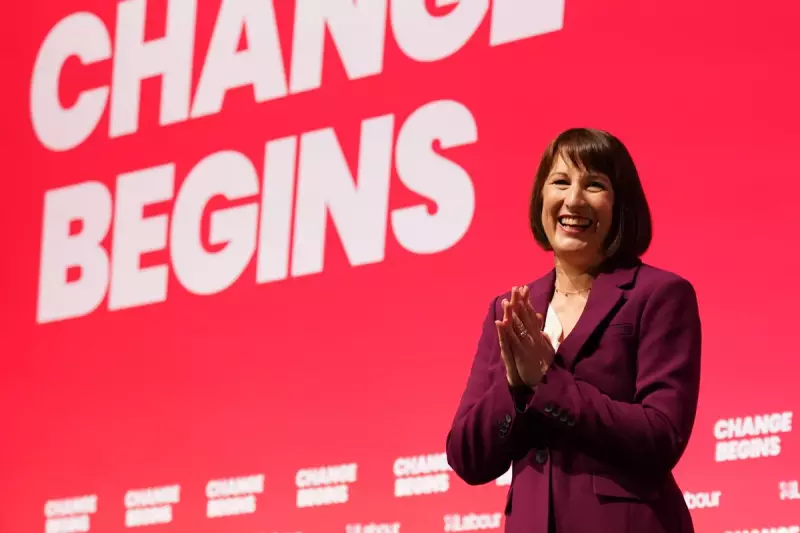
Britain stands at a fiscal crossroads. While the government maintains that income tax rates remain unchanged, a silent revolution is occurring in households across the nation. The freeze on tax thresholds, combined with soaring inflation, has created what experts are calling the largest stealth tax rise in modern British history.
The Hidden Tax Squeeze
Millions of workers are discovering they've been pushed into higher tax brackets without receiving a pay rise in real terms. This fiscal drag phenomenon means that as wages nominally increase to keep pace with inflation, more income becomes subject to higher rates of taxation. The result? A significant reduction in disposable income for middle-income families already struggling with the cost of living crisis.
Public Services in Peril
Meanwhile, the very public services that taxpayers support are showing alarming signs of strain. From NHS waiting lists reaching record lengths to crumbling school infrastructure and underfunded local authorities, the disconnect between what citizens pay and what they receive has never been more apparent.
The Fairness Deficit
Critics argue the current approach represents a fundamental unfairness in Britain's tax system. While workers on modest salaries face effective tax rate increases, wealthier individuals benefit from more favourable treatment of unearned income and capital gains. This disparity raises serious questions about the progressive nature of the UK's taxation model.
A Sustainable Solution
Economists and policy experts suggest several alternatives that could create a fairer system while adequately funding essential services:
- Comprehensive tax reform that addresses the imbalance between earned and unearned income
- Wealth taxes targeting assets rather than punishing labour
- Closing corporate tax loopholes that allow large corporations to minimise contributions
- Progressive council tax reforms that reflect modern property values
The Path Forward
The debate about taxation is ultimately a conversation about the kind of society Britain wants to be. Can we build a system where contributions are fairly distributed and public services receive sustainable funding? The answer will define the country's social and economic landscape for generations to come.
As political parties prepare their manifestos for the coming election, pressure mounts for honest conversations about taxation. The British public deserves transparency about who pays what – and what they can expect in return for their contributions to the national purse.





